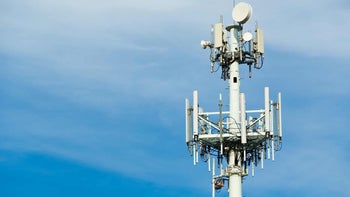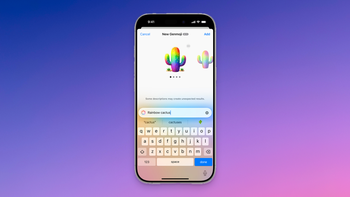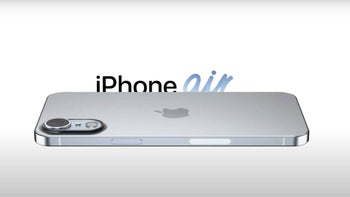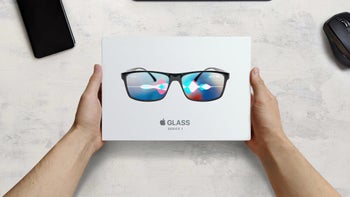IP69 is coming to this Android flagship: Is it just a marketing gimmick, or a game-changer?
This article may contain personal views and opinion from the author.

Why are we talking about IP69?
As smartphones continue to evolve, durability and protection have become key selling points, especially in a market where devices are increasingly expensive and essential to daily life. Terms like IP68 and IP67 are commonly seen in product specifications, denoting how resistant a device is to water and dust. Recently, however, a new level of certification—IP69—has entered the conversation.
But what exactly does IP69 mean? How does it compare to the previous standards? And does it make a significant difference for the everyday user?
What does IP certification mean?
IP (Ingress Protection) certification is an internationally recognized standard that measures how well a device is protected against the intrusion of solids (like dust) and liquids (like water). The IP code consists of two numbers: the first digit indicates the level of protection against solid particles, and the second digit refers to liquid resistance. For example, an IP68-rated phone is almost fully dust-tight (6) and can be submerged in water for extended periods without damage (8).
Each number in the IP code corresponds to specific testing conditions. Higher numbers mean better protection, with 6 typically signifying the highest level of dust resistance and 8 being a measure of immersion in water beyond a meter.
A brief history of IP certification
The concept of IP ratings originated as a way for manufacturers to quantify and standardize the protective capabilities of electronic devices, particularly for industrial equipment. Over time, as electronics became more portable, durable IP ratings became essential for consumer goods like smartphones, smartwatches, and even wireless earbuds. Initially, smartphones with IP67 were considered top-tier for durability.
Then, as technology progressed, IP68 became the industry gold standard with the first phone to boast with this certification being the Galaxy S7, back in 2016. And for context, the first iPhone to feature an IP68 certification was the iPhone XS series in 2018, two years later
With IP68 being sufficient for most consumer needs, IP69 was originally designed for more extreme scenarios, such as heavy machinery or industrial tools that encounter high-pressure water or steam.
What is IP69?
IP69 takes protection to the next level. The “6” still represents the highest level of dust resistance, ensuring that no particles can enter the device. The “9”, however, goes beyond just immersion in water — it refers to protection against high-pressure, high-temperature water jets. In other words, devices rated IP69 are not only capable of withstanding immersion, but can also endure rigorous conditions like being sprayed with hot, high-pressure water and even steam, such as what you might encounter in industrial cleaning environments.
Pros and cons of IP69 phones
Pros:
- Extreme protection: IP69 offers the highest level of dust and water resistance currently available, making it ideal for people in harsh working environments or who engage in extreme outdoor activities.
- Durability: IP69-rated devices are better equipped to handle unexpected accidents, such as being dropped in water or sprayed with high-pressure liquid.
- Extended device life: Devices with higher durability ratings are generally more resistant to wear and tear, potentially extending their lifespan in rugged use cases.
Cons:
- Higher costs: The added engineering required to achieve an IP69 rating could lead to higher manufacturing costs, which might make these devices more expensive.
- Overkill for most users: Most consumers won’t encounter situations that require protection beyond what an IP68 device offers, making the IP69 rating somewhat unnecessary for general users.
- Limited immediate applications: While IP69 is useful in specific scenarios, it offers little improvement in scenarios where IP68 is already sufficient, such as accidental spills or short-term immersion.
Does IP69 really matter?
Let's be real: most of us don't take our phones scuba diving or clean them with pressure washers. So, for the average person, the jump from IP68 to IP69 might feel like upgrading from a really sturdy umbrella to one that can withstand a hurricane. It's great to have, but you probably won't need it.
For people who take their phone to extreme conditions, phones like the upcoming OnePlus 13 with its rumored IP69 certification could be the perfect choice. After all, not everyone wants to daily drive one of those bulky rugged phones such as the Nokia XR20 or the Samsung XCover 7.













Things that are NOT allowed: